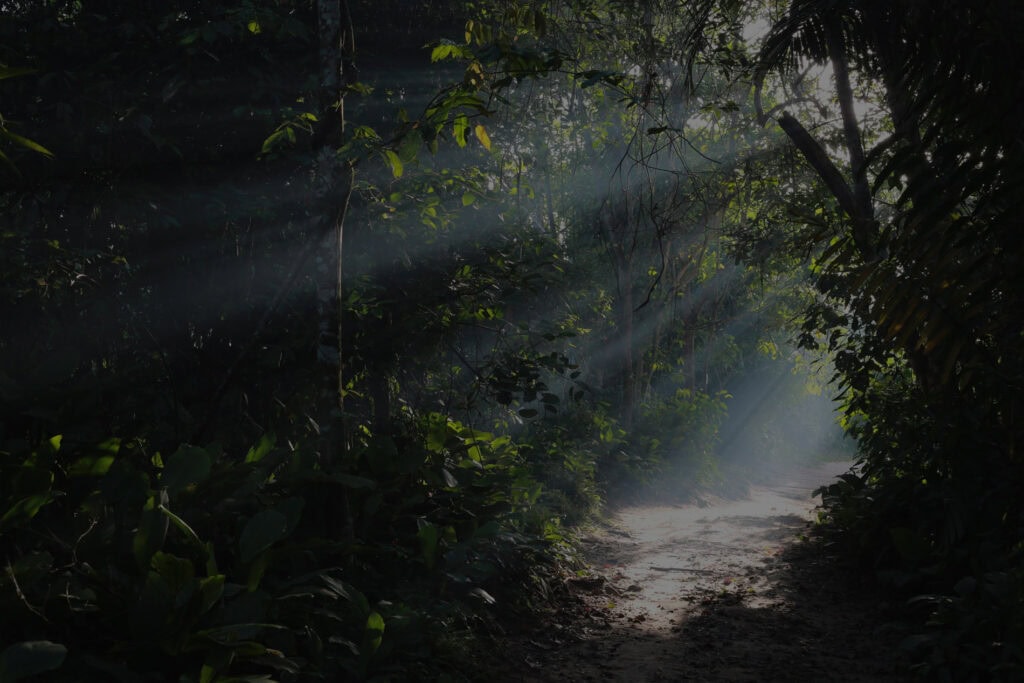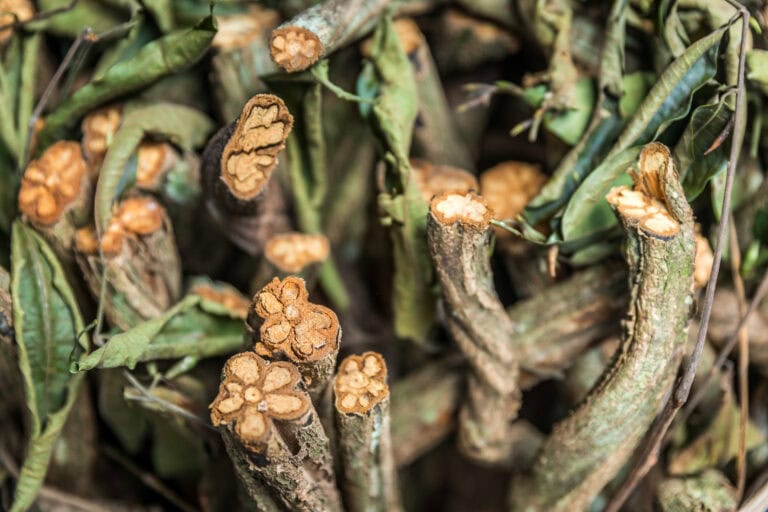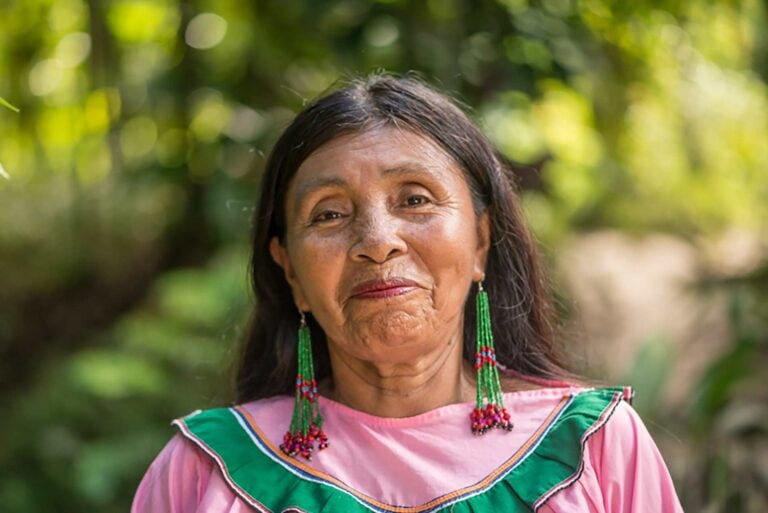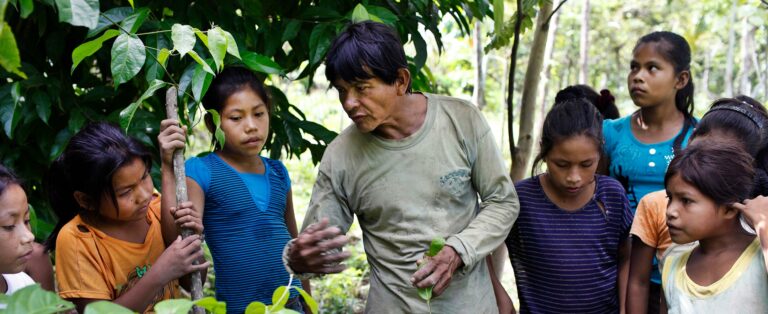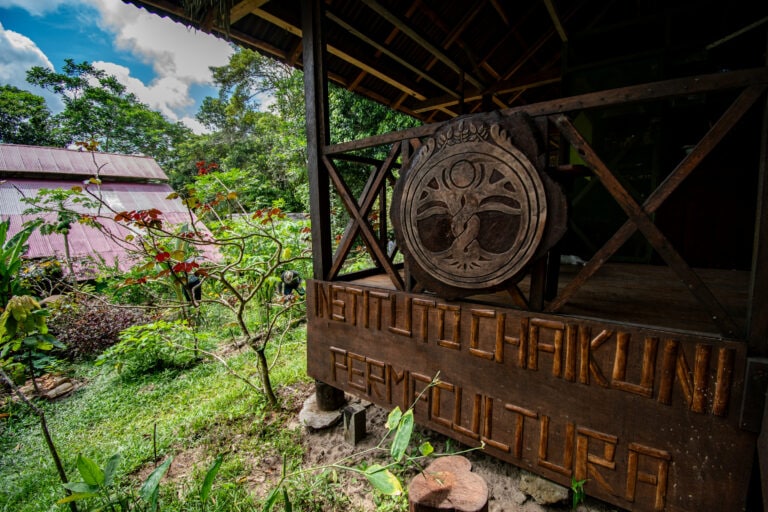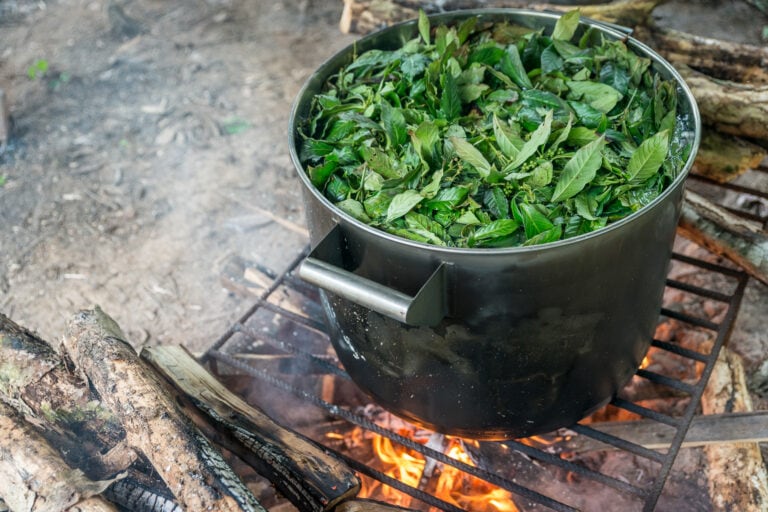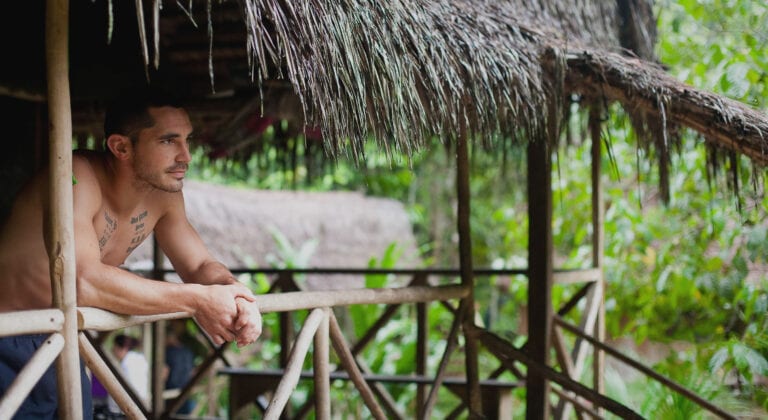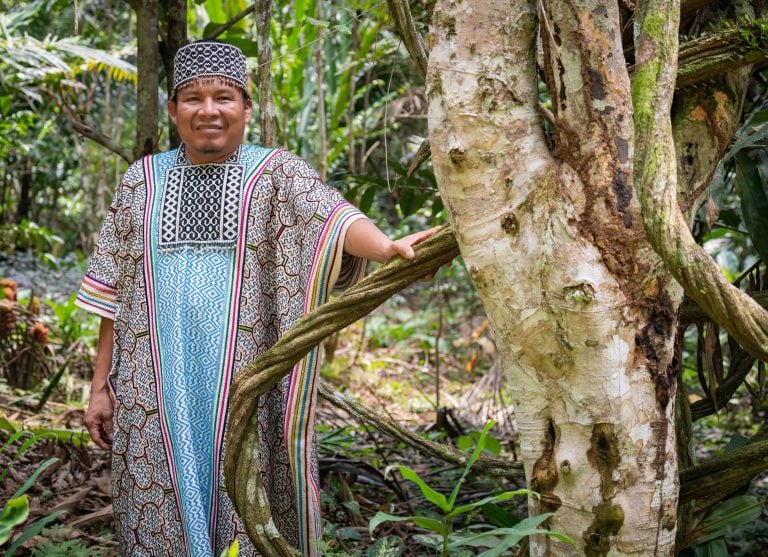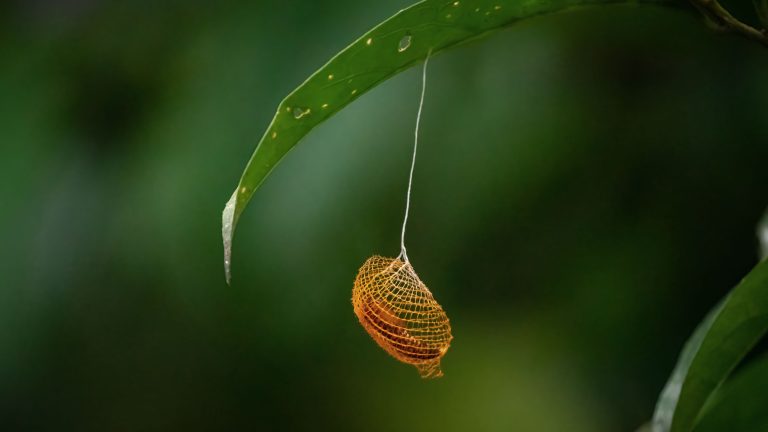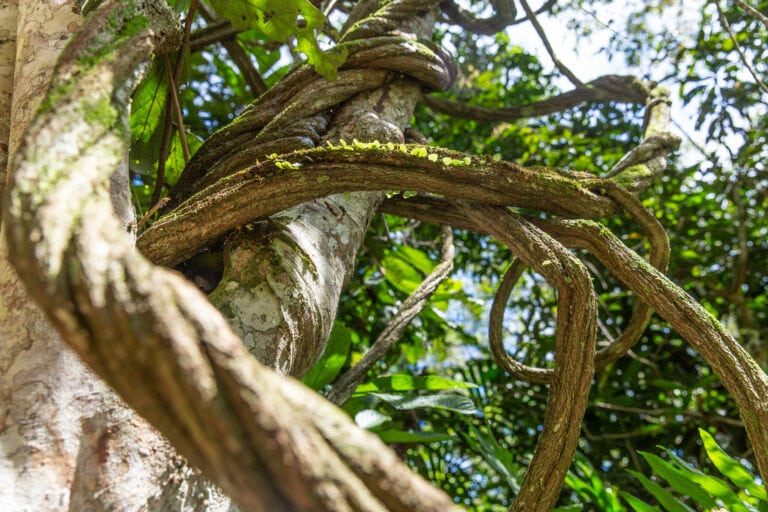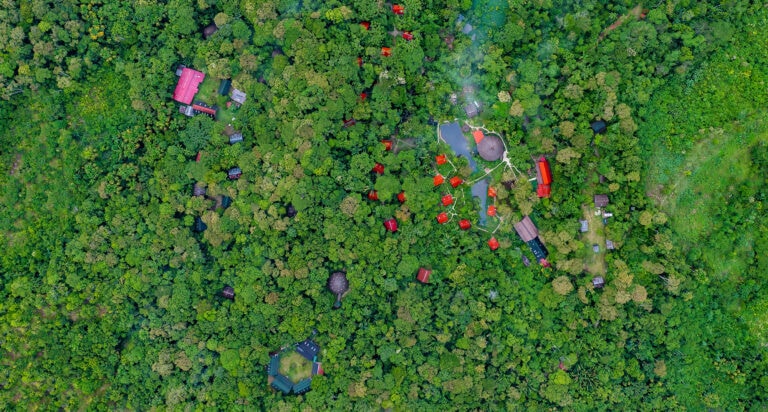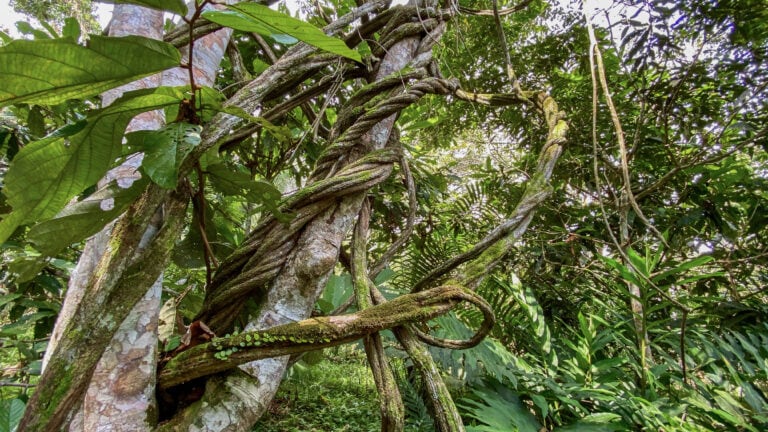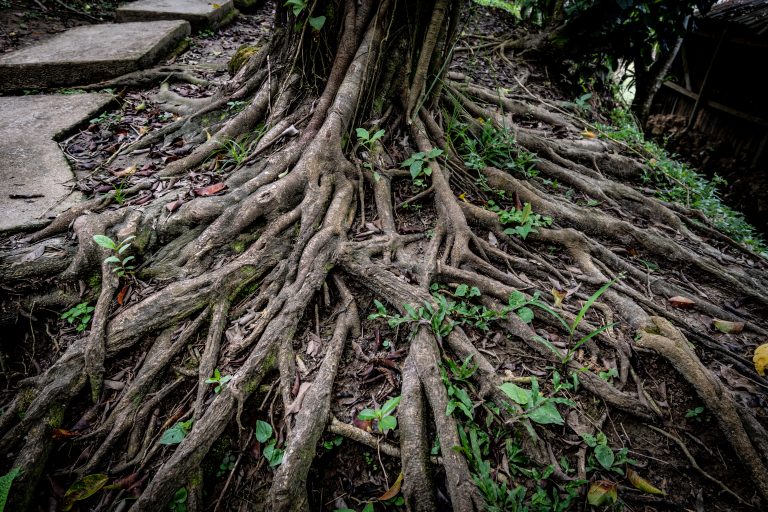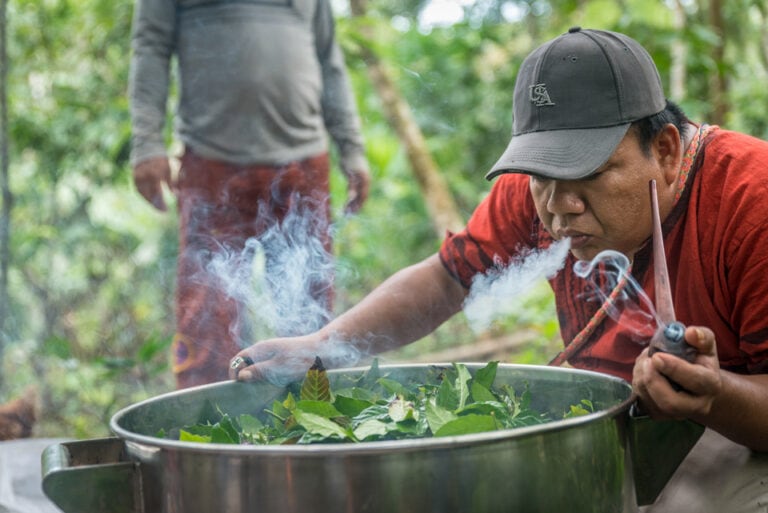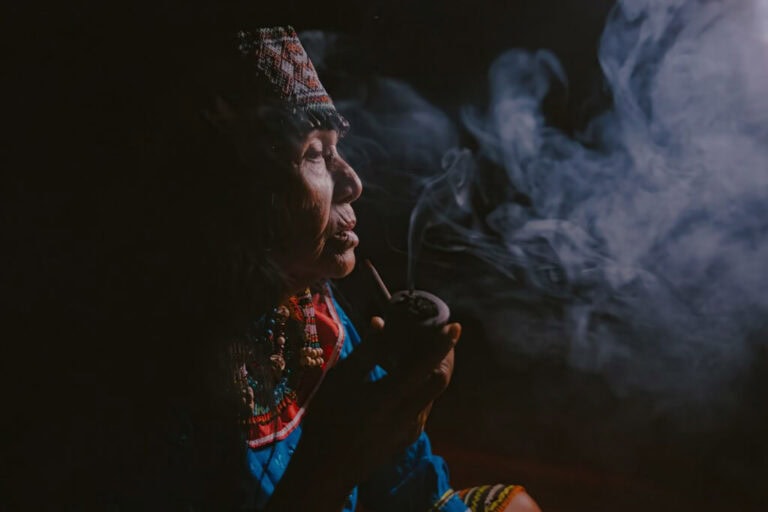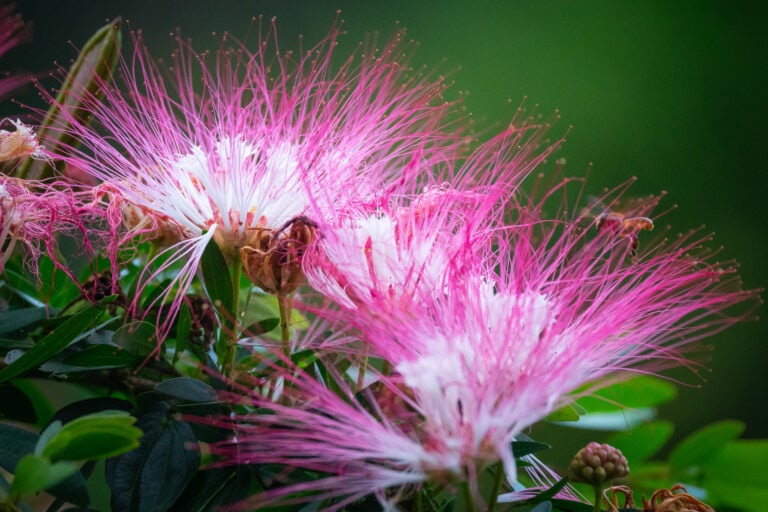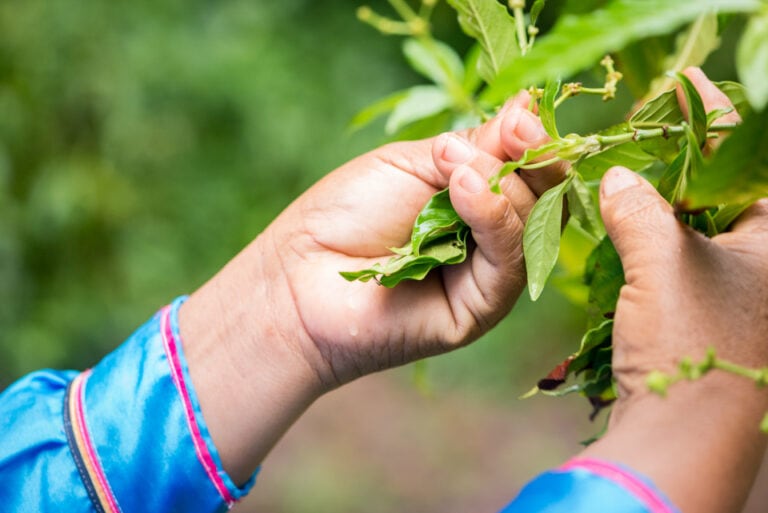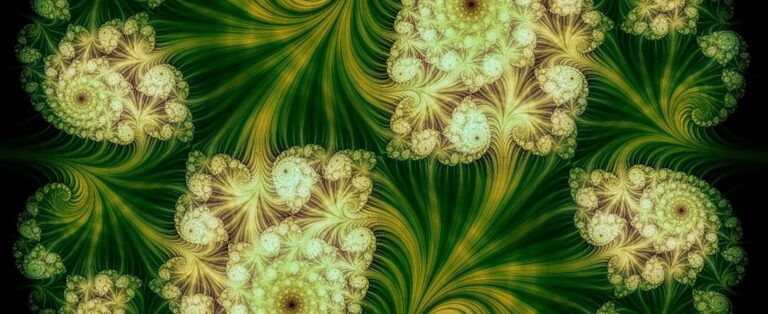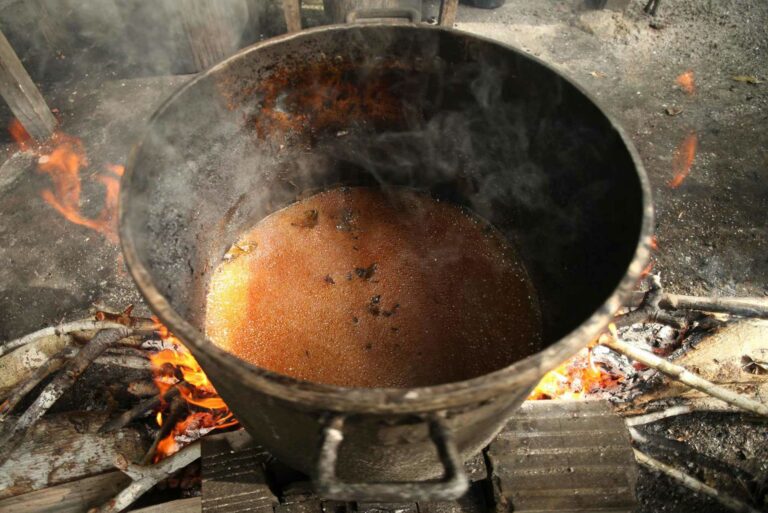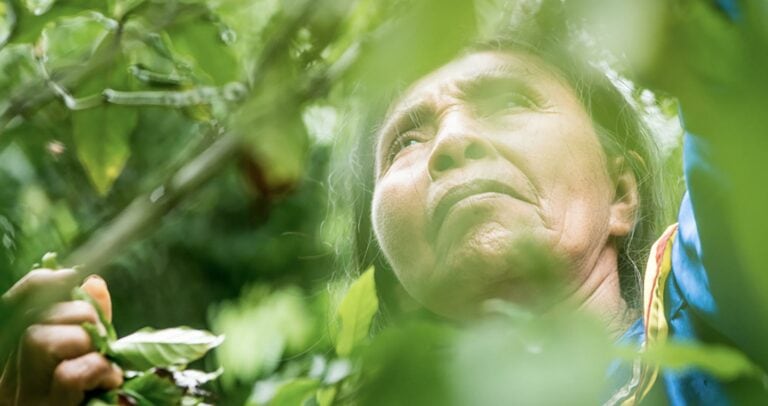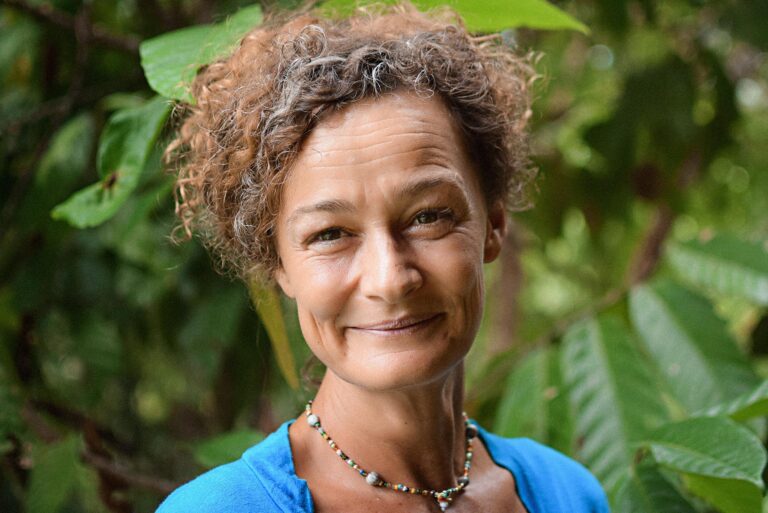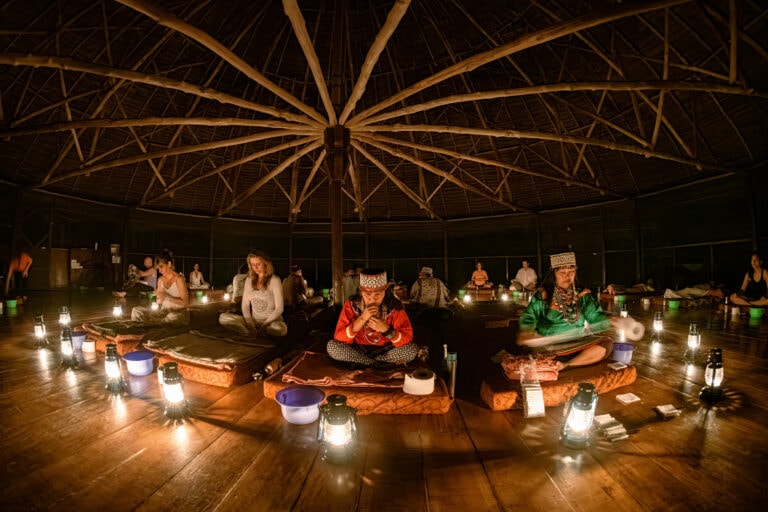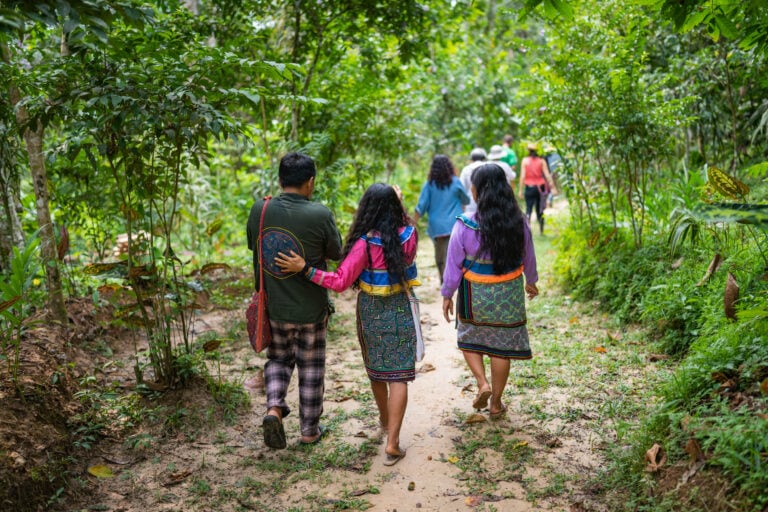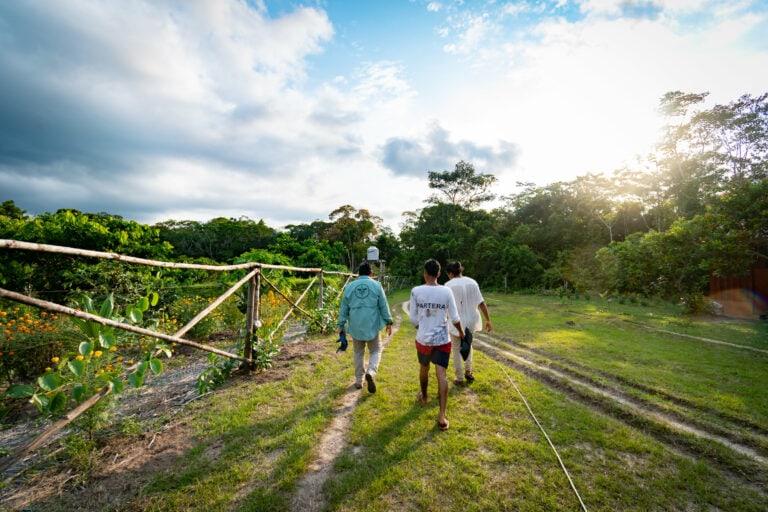“Throughout recorded and oral history, it has been the task of the shaman, or tribal healer, to help restore balance and health to individuals and communities where it has been disrupted,” writes Peter Levine. “In contrast to Western medicine, which has taken its time in recognizing the debilitating effects of trauma, shamanistic cultures have acknowledged such wounds for a very long time.”
A pioneer in the treatment of trauma, Levine adds: “Shamanistic cultures view illness and trauma as a problem for the entire community, not just the individual… People in these societies seek healing as much for the good of the whole as for themselves.” (Waking the Tiger: Healing Trauma)
Trauma is a fact of life
It has become so commonplace that most people do not even realize its impact or presence. Trauma is felt by all of us at some stage in our lives and does not result only from what is commonly thought to be its cause: shock trauma from abuse or attack.
Trauma can be experienced through misfortune or during routine passages of life, such as surgery, medical and dental procedures, anaesthesia, illnesses, and accidents and injuries. Inappropriate or harsh behavior by parents, teachers and peers, as well as betrayal, financially hard times and the pressure of societal and cultural expectations can all cause trauma, not only events such as the loss of a loved one, robbery or witnessing violence. These are just some examples. Fetal distress and birth difficulties can also cause a level of trauma in the system that deeply affects the way we view and live in the world.
Traumatic symptoms are not caused by the “triggering” of the event itself. They stem from the frozen residue of energy that has not been resolved and discharged; this energy remains trapped in the system, where it can wreak havoc on our mind and body. However, we can clean this energy, called mawa nihue in Shipibo, by working with the plant spirits.

The Gift of Trauma Transformed
Held within the symptoms of trauma are the very energies, potentials and resources necessary for their constructive transformation. The alchemical process of turning lead, the pain of the post, to gold, the joy of the present. Western medicine and culture typically block our innate healing process – by using drugs to suppress symptoms, by over-emphasizing adjustment or control, or by denial or invalidation of emotions, feelings and sensations.
The same energies that create the symptoms of trauma, when properly engaged, can transform the trauma and inspire new levels of healing, mastery and wisdom.
This residual energy persists in the body and is expressed in a wide variety of symptoms: anxiety, depression, sadness, disassociation, fear, panic, and other psychosomatic and behavioral challenges. These symptoms are signals from our mind and body that there is undischarged residual energy that needs to be addressed and cleaned. If we don’t deal with this energy and ignore the warning signs, dis-ease will then often manifest as a final warning system.
Trauma resolved is a great gift, returning us to the natural world of ebb and flow, harmony, love and compassion. Shipibo healers are masters in reaching the roots of trauma and having the skill to clean and clear these energies, often catalyzing a deep, longer term process of awakening and self-transformation, guided by the wisdom of Nature. We then learn to trust and honor the process that leads to completion and wholeness, and eventually deep peace.
Trauma has the potential to be one of the most significant forces for psychological, social, and spiritual awakening and evolution. How we handle trauma (as individuals, communities and societies) greatly influences the quality of our lives. It will ultimately affect how we will survive as a species.
